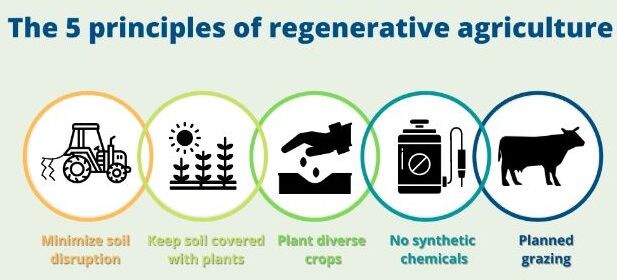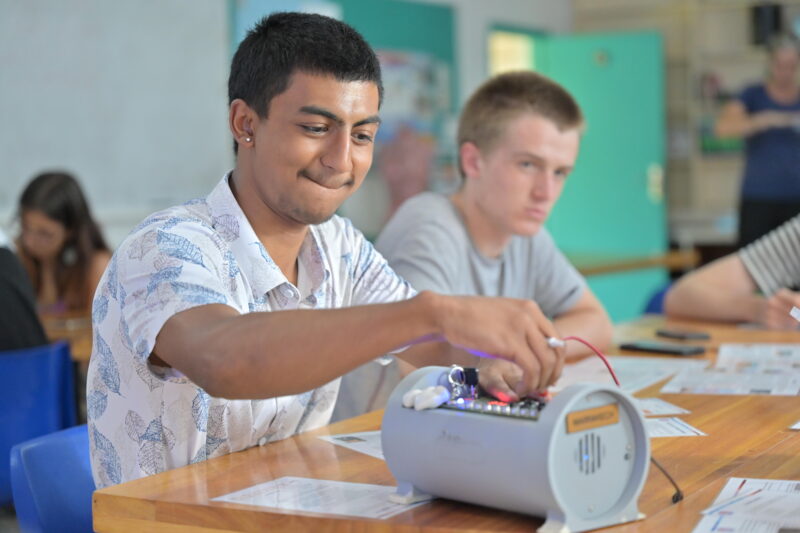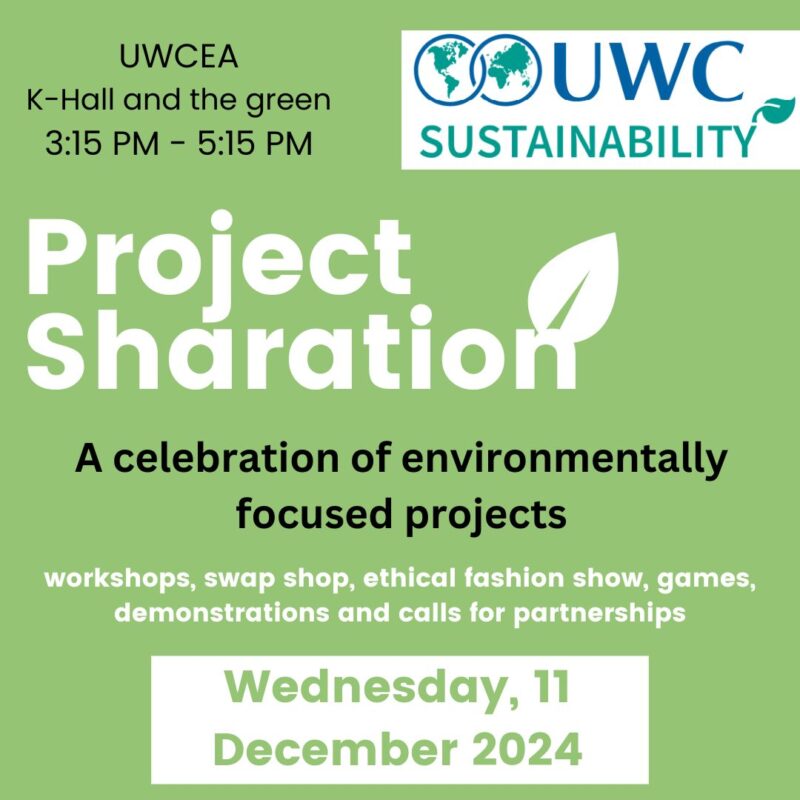
Regenerative farming – bringing solutions into the ESS classroom
Details
Our ESS teacher Vicky and her Y2 classes welcomed Giulia, our sustainability coordinator, for a session during class time, at the end of the chapter on soil. Regenerative farming was proposed as one of the many possible ways to fight climate change, underlining the importance we should dedicate to our soils and the essential role they play for our planet.
Farming is responsible for 30% of global carbon emissions and erodes 24 billion tonnes of top soil each year (an area the size of Greece)
Soil is considered a non-renewable resource, yet there are ways in which we can facilitate topsoil generation, sequestering carbon from the atmosphere and producing food that is healthy, nutritious and respectful towards both the animal, the environment and the communities that grow it/ eat it.
Regenerative agriculture MIMICS nature, its connections, its complexity, diversity and resilience. The practises that work best depend on the land that is being worked with and many factors, so the short video focuses on three common aspects:
- No till farming – leave soil microbiology and richness intact
- Holistic grazing – a sort of planned nomadic grazing, that allows land to regenerate
- Agro – Forestry – probably the most complex point, creating beneficial connections between the 7 layers to help build biodiversity and a resilient ecosystem.
To see evidence of regenerative farming practises, please watch this Ted Talk by Allan Savory (there are many others too). There are so many resources out there, websites, books, documentaries and material for your case studies. The main objective of the visit is to let students know that there is a solution, there are possibilities, there are answers out there.
We need to re-learn how to observe and mimic nature, like our ancestors did and like how many communities around the world still do.
Image source: https://saudesemdano.org/articles/news/us-canada/dirt-climate-change-regenerative-agriculture-and-health-care


